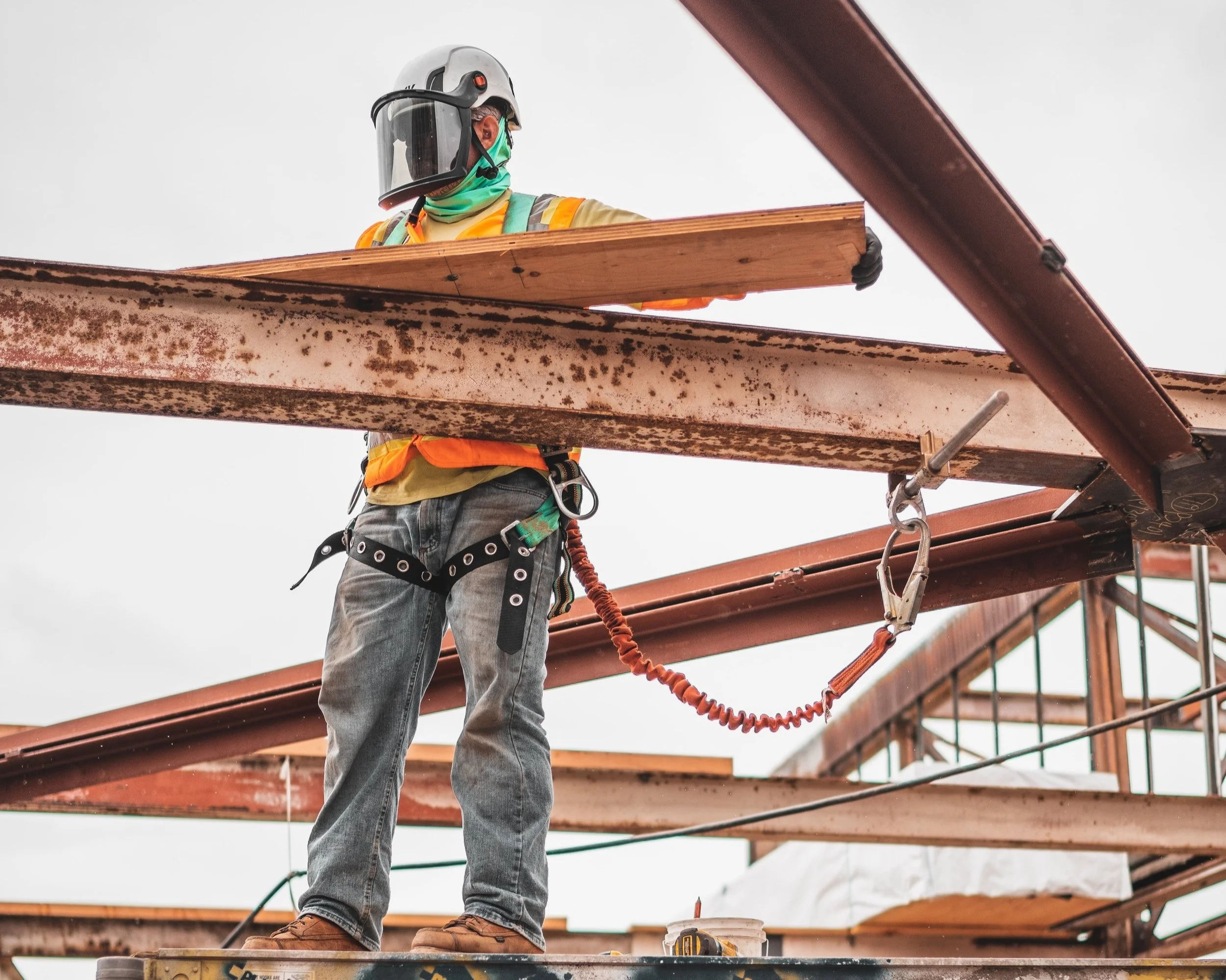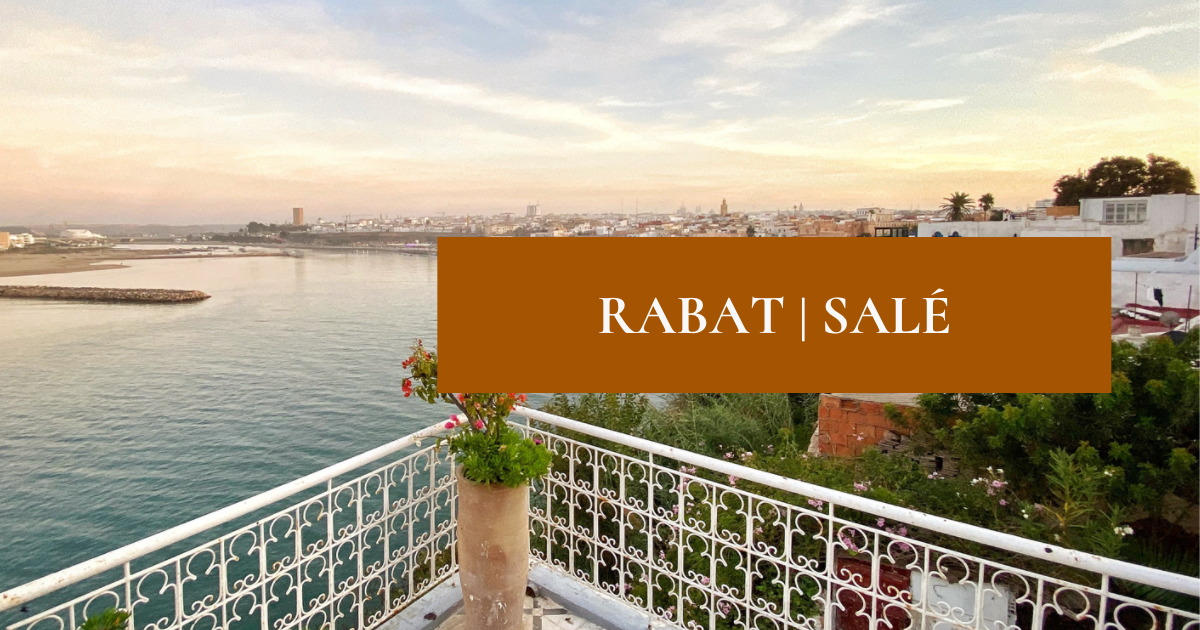Safety in Morocco
Standing on the street in the small, rural town I felt ashamed and confused. Who was this guy from OSHA berating me for not staying safe on the worksite? What was OSHA anyway (the Occupational Safety and Health Administration)? I had a vague idea, but had never met anyone who worked there. For what seemed like an eternity, the OSHA employee explained how he himself safely engaged the worksite, with hard hat, reflective vest, and steel toed workboots. On that particular day I was not doing any manual work on the site, but I was inspecting as the representative city engineer. My company received a fine from OSHA, and from that day forward we were given a set of safety instructions to follow whenever we were inspecting a work site.
As ashamed as I felt that day, there is something the OSHA worker mentioned that stayed with me. He said that whenever he entered a worksite, he looked up, he looked down, and he looked all around (my paraphrase). He was ALWAYS aware of the surroundings. It is this bit of wisdom that is helpful for those people traveling anywhere in the world, including Morocco. In one sense, you can engage Morocco in the same way that you would visit a large city in your passport country. Keep your senses active, and be mindful of your surroundings. Here are some other tips to help you stay safe while traveling within Morocco.
Strangers/Asking for Directions - Morocco in general is a hot-climate culture, which means the people tend to value relationships over tasks. As a result, Moroccans are generally friendly to strangers. However, do not expect a lot of English speakers. Arabic is the official language of the country, and French is the secondary language. Some people will know English (especially the younger generation), but do not assume that whoever you approach will know English, unless you are in a touristy area. If you need help finding a place, then expect that the local person will tell you where to go. CAUTION: Do not get frustrated if the directions are vague or leave you more lost than you were originally; due to Moroccans’ extreme hospitality, they would much rather a visitor feel good than be disappointed, and they also do not want to be shamed for not knowing a place. As a result, they will tell you what you want to hear.
Blending In - Chances are you are going to stick out and be noticed. However, there are ways to avoid unnecessary attention, and to draw less attention to yourself. Be mindful of your volume and the size of your group; walk in smaller groups if possible, rather than a big mass of people. Additionally, be modest in your dress, especially women.
Theft - While crime in general in Morocco is low, this does not mean that you can be uncareful with your belongings. Petty theft does occur, so be aware of your belongings at all times. When using your phone, move away from traffic and people, rather than standing in the middle of the sidewalk or near the road. It is not unheard of for motorcyclists to ride up on the sidewalk and swipe a phone out of someone’s hand. If you commonly use your phone to check the time, consider buying an inexpensive watch to avoid pulling out your phone. When riding in public transport, keep your backpack in front of you, and keep a hand on top of or inside the pocket that contains your wallet. Also consider keeping your wallet in your front pocket, where it is much easier to keep a hand on.
Passports - We do not recommend you carry your passport with you when walking around. If you need it for identification, then carry a photocopy of it, or have your driver’s license nearby. Most hotels will have a safe where you can store your passport for safekeeping. While on the topic of hotels, keep expensive belongings hidden away (laptops inside luggage, cash in the safe, etc), to avoid tempting the cleaning staff.
Safety in Numbers - There is safety in numbers, especially at night. During the day you will generally want to avoid overly crowded areas, but at night you will want to stay closer to where the activity is. Trust your instincts. When we first visited Morocco, we spent a night at a riad in one of the medinas. We left the riad to check out the neighborhood and found ourselves in a crowded street; I felt overwhelmed and we decided to head back to the riad until the crowd lessened.
Treatment of Women - We at Crossroads Cultural Exchange want to do our best to be respectful of the local culture. At the same time, it is necessary to describe a part of culture that probably even Moroccans are not proud of, and that is the treatment of women on the street. Western women can expect to receive stares and comments from Moroccan men who oftentimes try out their English phrases. My wife never receives comments when she and I are walking together, but when she is by herself her experience is very different. If you are a woman, be mindful of men’s coffee shops, where there are groups of men gathered to people watch. Our single female friends recommend keeping your head down and not acknowledging the men. If someone starts following you, then find a policeman, enter a store, or find a crowd of people to avoid being by yourself.
We hope your visit to Morocco is memorable for all the right reasons. When you visit, you do not need to be fearful, but do be careful and aware of your surroundings. In the words of the OSHA employee, “Look up, look down, look all around.”
Are you visiting Morocco soon? Start your travels with us to learn some Moroccan Arabic phrases and cultural dos and don’t and to have the best trip available to you.


































Morocco is a very unique country for several reasons. The first is its strategic location in the northwest of the continent of Africa, just 14 kilometers south of Europe. This beautiful country is bordered by the Mediterranean Sea in the North, the Atlantic Ocean in the West, Algeria to the East, and Mauritania to the South. For this reason, Morocco is a crossroads where cultures, civilizations, and ethnicities meet.